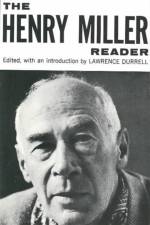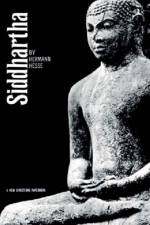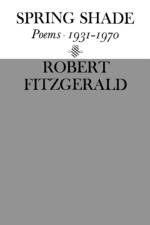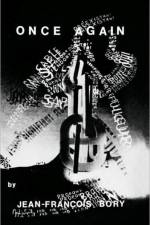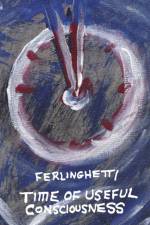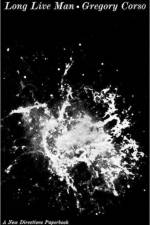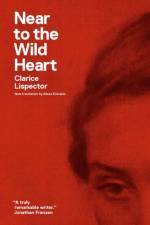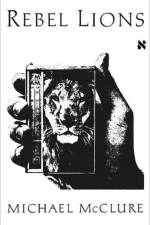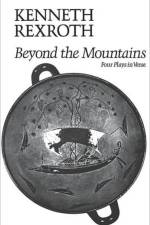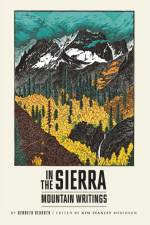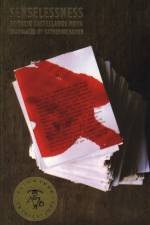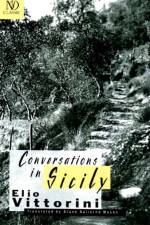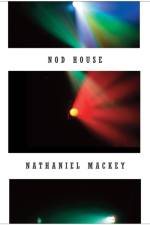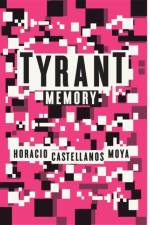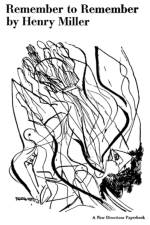av Cid Corman
165
Cid Corman writes, "For the vast majority of Italians and others to whom the name means anything, Matera is synonymous with abject poverty and backwardness. In fact, being the capital of its province, which occupies the lower and Eastern half of the region known today as La Basilicata, in the highlands inland between the Ionian Sea and the Adriatic, it is relatively affluent in a world where degradation is the rule. It has a railway terminal, all the functionary establishments of authority, more than a dozen churches, and a growing middle-class. In the outlying areas, in the castle villages perched on remote mountains, is poverty undisguised, unmitigated, and kept quiet. I came to this community quite by accident, penniless, and stayed to teach there for a year and a half. What I saw, what I learned, what I felt, my relations to others there and that of earth and air, fire and water, to them and to myself, should be implicit, if not explicit, in these poems."

